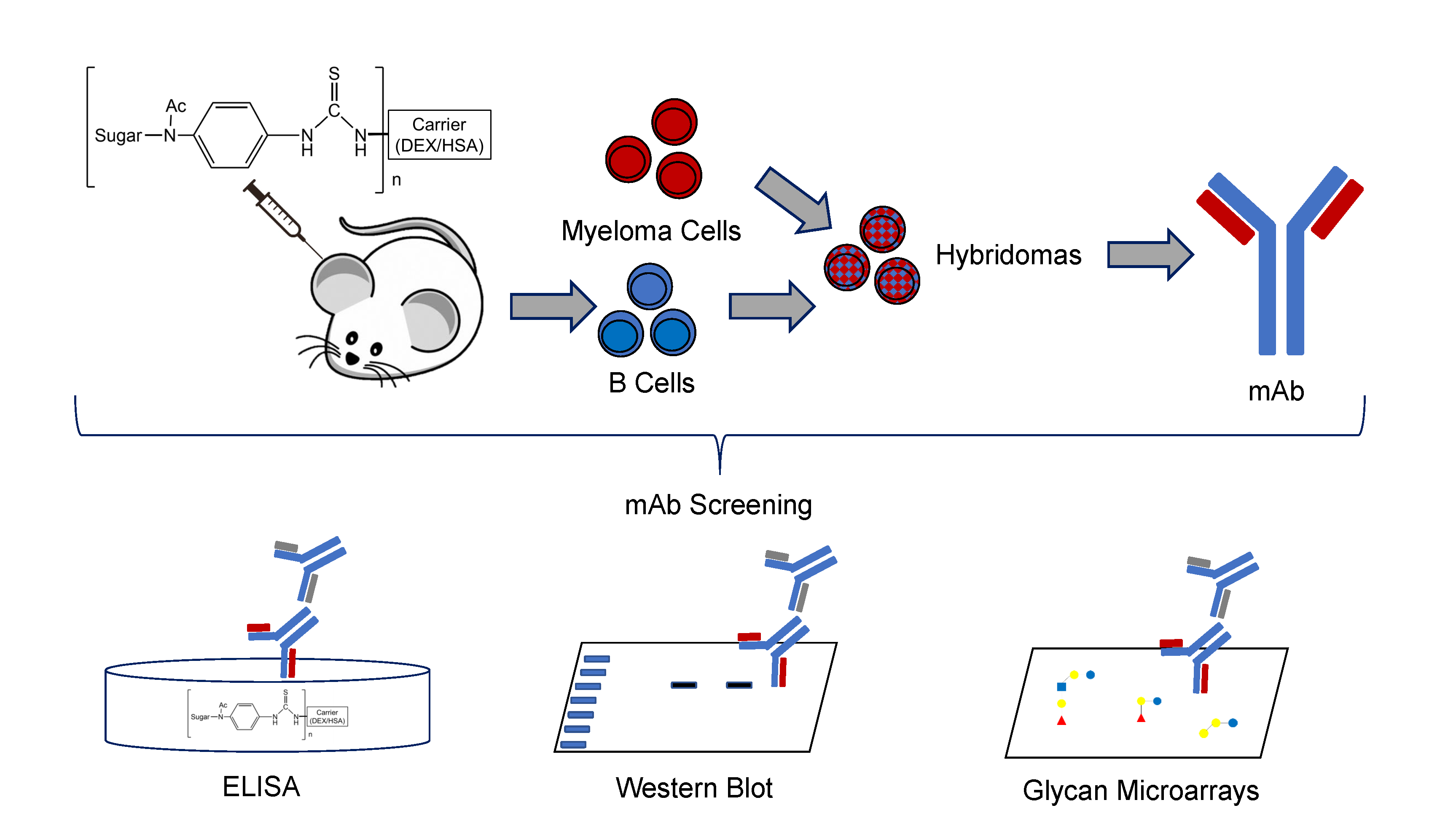Monoclonal antibodies (MAbs) are an old immunological tool with applications in the fields of immunology, biotechnology, biochemistry, and applied biology. Production of monoclonal antibodies using hybridoma technology was discovered in 1975 by Georges Kohler of West Germany and Cesar Milstein of Argentina.
Modern-day research on MAbs from laboratories worldwide is revealing additional applications in diverse branches of sciences. Recently, MAbs have been widely applied in the field of clinical medicine. To know more about monoclonal antibodies, you can also check out Boster Bio featured products online.
An antigen is defined as a molecule or part of a molecule that can be recognized by the immune system as a foreign entity. The challenge of the immune system is thus combated in two ways. First, through an antibody diversity mechanism, B lymphocytes produce varied antibodies specific for a new antigen (epitope) expressed by a pathogen by shuffling and reshuffling its genetic constituents.

Image Source: Google
Second, paratope-encoding genes of the antibody are mutated rapidly to cope and bind strongly with the epitope of the antigen. Thus, these generated antibodies are better at binding with the antigen with greater affinity and high specificity.
Therefore, antibodies are useful research tools in diagnosis and therapy, as they can recognize and bind specifically and strongly with respective antigens. Polyclonal antibodies mixtures contain different antibodies developed in the blood of immunized animals from different cell types.
As most antigens bear multiple epitopes, they can stimulate the proliferation and differentiation of a variety of B-cell clones. Thus, a heterogeneous pool of serum antibodies can be produced with specificity for particular epitope(s) of the antigen.